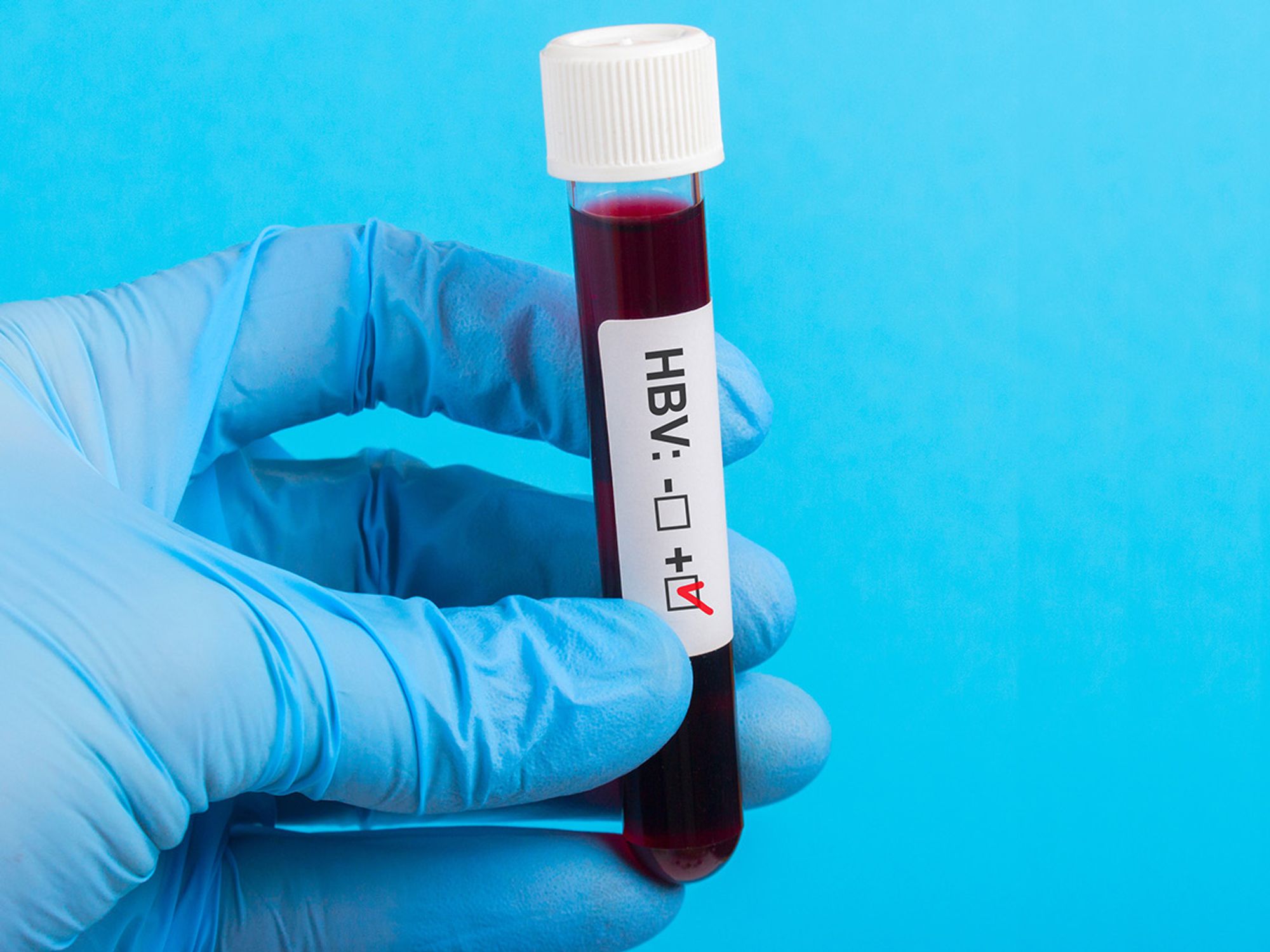InstituteBloodborne Pathogens Training RequirementsBloodborne PathogensSafety & HealthIn Depth Sub Topics (Level 4)General Industry SafetyBloodborne PathogensEnglishAnalysisFocus AreaUSA
HIV/HBV labs and production facilities
['Bloodborne Pathogens']

- Employees in HIV and HBV research laboratories and production facilities must receive additional bloodborne pathogens training.
- Employers must verify and document employees’ proficiency in handling bloodborne pathogens, and provide training to move them up to proficiency as needed, before employees do any work with bloodborne pathogens.
Subparagraph 1910.1030(g)(2)(ix) lists additional training elements for employees in human immunodeficiency virus (HIV) and hepatitis B virus (HBV) laboratories and production facilities. Research laboratories produce or use research-laboratory-scale amounts of HIV or HBV, while production facilities engage in industrial-scale, large-volume, or high-concentration production of HIV or HBV.
In addition to the general training requirements at 1910.1030(g)(2)(vii), employers in HIV or HBV research laboratories and HIV or HBV production facilities must do the following as part of initial training:
- Verify that employees demonstrate proficiency in standard microbiological practices and techniques (as outlined in the Centers for Disease Control and Prevention’s (CDC’s) “Biosafety in Microbiological and Biomedical Laboratories”) and in the practices and operations specific to the facility before being allowed to work with HIV or HBV. Proficiency can be established with prior work experience and/or relevant education, such as a graduate degree in the study of viral diseases or another closely related subject area with a period of related laboratory research experience.
- Confirm that employees have prior experience in the handling of human pathogens or tissue cultures before they work with HIV or HBV.
- Provide a training program to employees who have no prior experience in handling human pathogens that helps them to progress through work activities to learn techniques and develop proficiency. Employees must demonstrate proficiency before doing anything that involves infectious agents.
